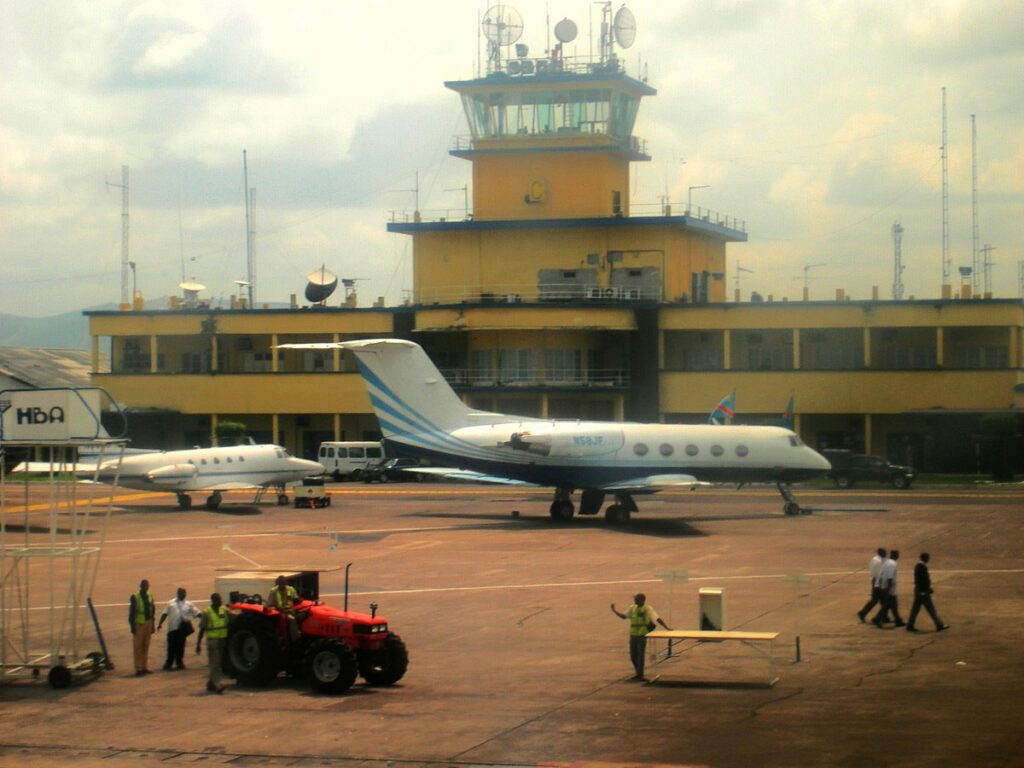Lessons for Combating Illicit Cross-Border Trade and Money Laundering from the Congo

This project will address gaps in how large-scale data leaks can be used in the anti-corruption sphere, and in particular academic investigations. We will coordinate new investigations and conduct new analysis of the largest leak of financial information from Africa – the Congo Hold-Up.
Click here for the Project One-Pager
To learn more about this project, contact Principal Investigator Dr David Szakonyi.
Project Summary
This project will address gaps in how large-scale data leaks can be used in the anti-corruption sphere, and in particular academic investigations. We will coordinate new investigations and conduct new analysis of the largest leak of financial information from Africa – the Congo Hold-Up. This leak contains over 3.5 million documents from BGFIBank in the Democratic Republic of Congo (DRC), comprising bank statements, emails, contracts, bills, corporate records, and the details of millions of banking transactions. Our approach is to build collaborations between academics, journalists, and civil society organizations to jointly analyze financial records, identify previously unknown practices and patterns behind corruption in global trade, and ultimately design and disseminate solutions for policy and programming.
Policy and Programming Implications
The Anti-Corruption Data Collective (ACDC) has partnerships with leading anti-corruption policy organizations including Transparency International, Global Witness, Global Financial Integrity, Public Citizen and the FACT Coalition. We will leverage these memberships and our experience in bringing policymakers and academics into direct conversation in order to increase the policy impact of the project’s findings. Our team includes the Africa-based civil society practitioners (PPLAAF) who obtained the leaked documents together with Mediapart and shared them with European Investigative Collaborations, as well as academics with significant experience analyzing large datasets on corruption and financial flows. Both groups of partners are embedded in global anti-corruption policy and advocacy networks that provide additional pathways for findings to inform end-use stakeholders in policy making and programming.
Research Questions
- How do trade-based money launderers in Africa structure transactions and engage in misinvoicing to evade detection, both domestically and in cross-border transactions?
- What effect does de-risking have on the execution of illicit cross-border transactions?
- How do corporations respond to prominent whistleblowers revealing damaging information about their facilitation of international money laundering?
- How can due diligence systems be improved to better identify trade-based money laundering as it is currently practiced in resource-rich countries?
Methodology
A review of typologies and case studies will inform policy experts and anti-money laundering (AML) professionals about the increasingly novel ways that money is laundered through domestic banks and across borders. Briefing documents and direct stakeholder outreach will communicate actionable policy recommendations and red flags that can be incorporated into due diligence systems. A second work package applies a more quantitative research methodology to test a series of hypotheses about the effectiveness of various anti-corruption interventions. To do so, we will identify new and unreported patterns of financial abuses through the creation of a “data lake” that connects the records from the Congo Hold-Up leak to related databases.
Research Team Members
- Mr. David Szakonyi, Co-founder of the Anti-Corruption Data Collective (ACDC) and Associate Professor of Political Science at George Washington University.
- Mr. Florian Hollenbach, Associate Professor in International Economics, Government and Business at Copenhagen Business School.
- Mr. Matthew Collin, Senior Economist at the EU Tax Observatory.
- Mr. Michael Hornsby, Impact Manager with the Anti-Corruption Data Collective.
- Mr. John Dell’Osso, PPLAAF Director for West and Francophone Africa.
- Mr. Jimmy Kande, Director of Investigations at PPLAAF.

